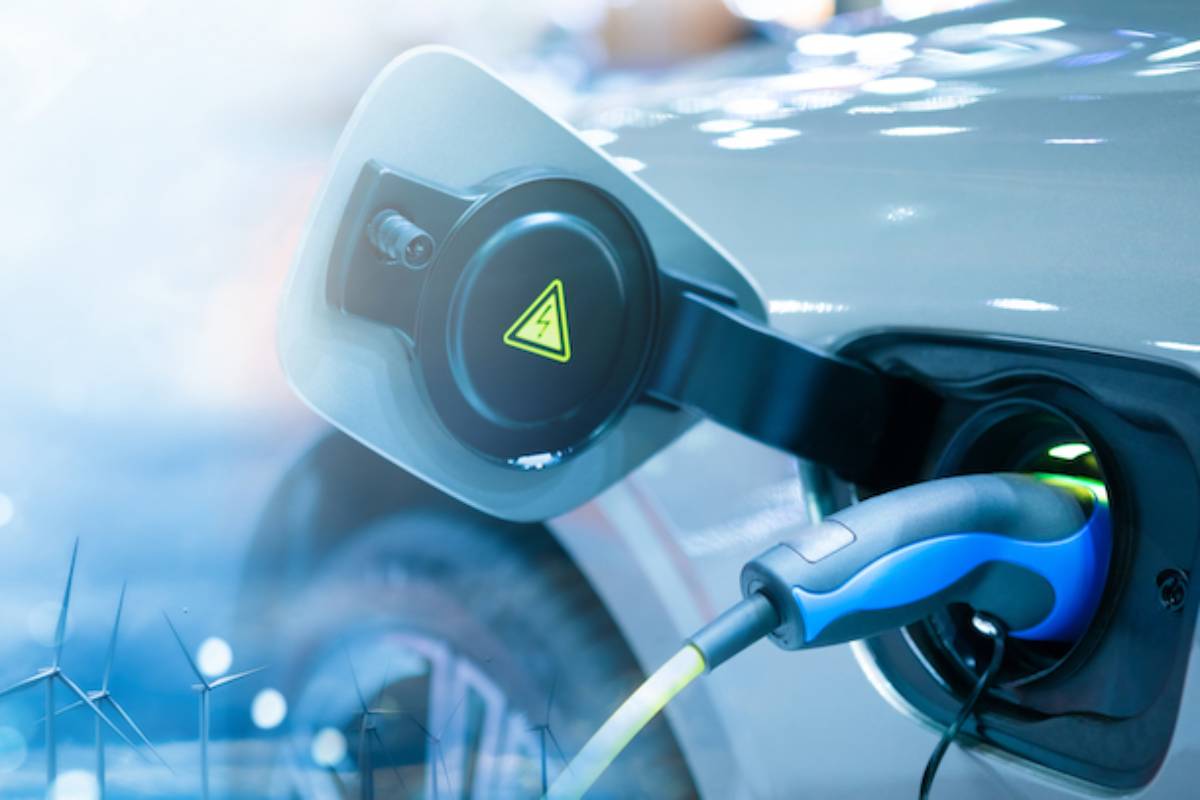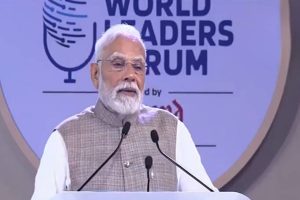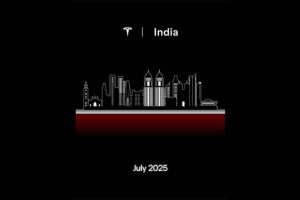As Finance Minister Nirmala Sitharaman gears up for the Union Budget 2024-25 on July 23, the electric vehicle (EV) sector is optimistic about potential announcements that could spur industry growth.
The EV sector is at a critical juncture, with every player striving to capture market share.
The industry anticipates that the government will introduce FAME-3, allocate funds for charging infrastructure, provide incentives for the localization of EV components, integrate EVs with renewable energy sources, implement a priority lending scheme, and reduce GST on EV services, among other measures.
“To achieve the ambitious target of 30 percent EV penetration by 2030, continued government support is essential. As EV manufacturers invest heavily in research and development to reduce costs, government assistance is needed to make EVs more affordable and narrow the price gap with internal combustion engine (ICE) vehicles,” said Aryaman Tandon, Managing Partner at Praxis Global Alliance for the Mobility sector.
“The industry also hopes the FAME scheme will expand to include private buses and commercial vehicles (CVs), which have so far been limited to State Transport Undertakings (STUs). Reducing customs duties on imported EV components and supporting local R&D in battery technology, as seen in the last budget, will further accelerate local manufacturing and create jobs,” he added.
Supporting the continuation of FAME, Nimish Trivedi, Founder & CEO of Evera, said, “Government subsidies on electric vehicles under schemes like FAME-II led to a 48 percent increase in EV adoption in 2023. It’s imperative that FAME continues to stimulate this growth further.”
The Faster Adoption and Manufacturing of Hybrid and Electric Vehicles in India (FAME India) Scheme, introduced in 2015, promotes electric and hybrid vehicles in India and has completed two terms: FAME-1 and FAME-2.
Industry players are also calling for tax rationalisation. Mukesh Taneja, CEO and Co-Founder at GT FORCE, said, “We expect the government to consider reducing GST rates on EV components and batteries from the current 18 percent to 5 percent. This tax rationalisation would help offset potential price increases resulting from the conclusion of subsidy programmes and keep EVs affordable for the masses.”
Discussing the need to promote EV adoption, Bharath Rao, founder and CEO of Emobi, said, “Accelerating EV adoption will be a key focus in the upcoming FAME III and Budget 2024 discussions. Significant progress has been made in the electric two-wheeler (E2W) segment, with sales exceeding a million units under FAME II. Given that E2Ws constitute the largest share of vehicle sales in India, we urge the government to continue prioritising this segment.”
Akash Gupta, Co-Founder and CEO of Zypp Electric, added, “Inclusion in the priority lending scheme and reducing GST for EV services from 18 percent to 5 percent will accelerate EV-led delivery adoption.”
He further emphasised that significant investment in infrastructure, such as charging stations and advanced battery technology, is crucial for realising the full potential of these efforts.
Hyder Khan, CEO and Director of Godawari Electric Motors, commented, “We urge the government to consider increased subsidies for electric two-wheelers and three-wheelers, as well as incentives for domestic manufacturing and R&D initiatives. Additionally, investments in charging infrastructure and battery technology are crucial to overcoming existing barriers to widespread EV adoption.”
As the growth of electric vehicle sales slows worldwide, industry leaders stress that government support is imperative.
Capital costs and a shortage of rapid-charging stations are the major reasons for sluggish EV demand worldwide, according to Goldman Sachs.
“The EV industry anticipates several key measures to boost growth and adoption. Increased subsidies will make electric vehicles more affordable for a wider range of consumers. Expanding the network of charging stations, particularly those powered by renewable energy sources, is critical for supporting EV infrastructure,” said Amit Raj Singh, founder and MD of Gemopai.
Ayush Lohia, CEO of Lohia, demanded a comprehensive policy for the EV industry, stating, “The government needs to formulate a comprehensive policy on electric vehicle (EV) parts, ensuring transparency and establishing a level playing field within the industry. Additionally, including commercial vehicles in EV incentives is pivotal for fostering widespread growth and aligning with our shared vision of a sustainable future.”





